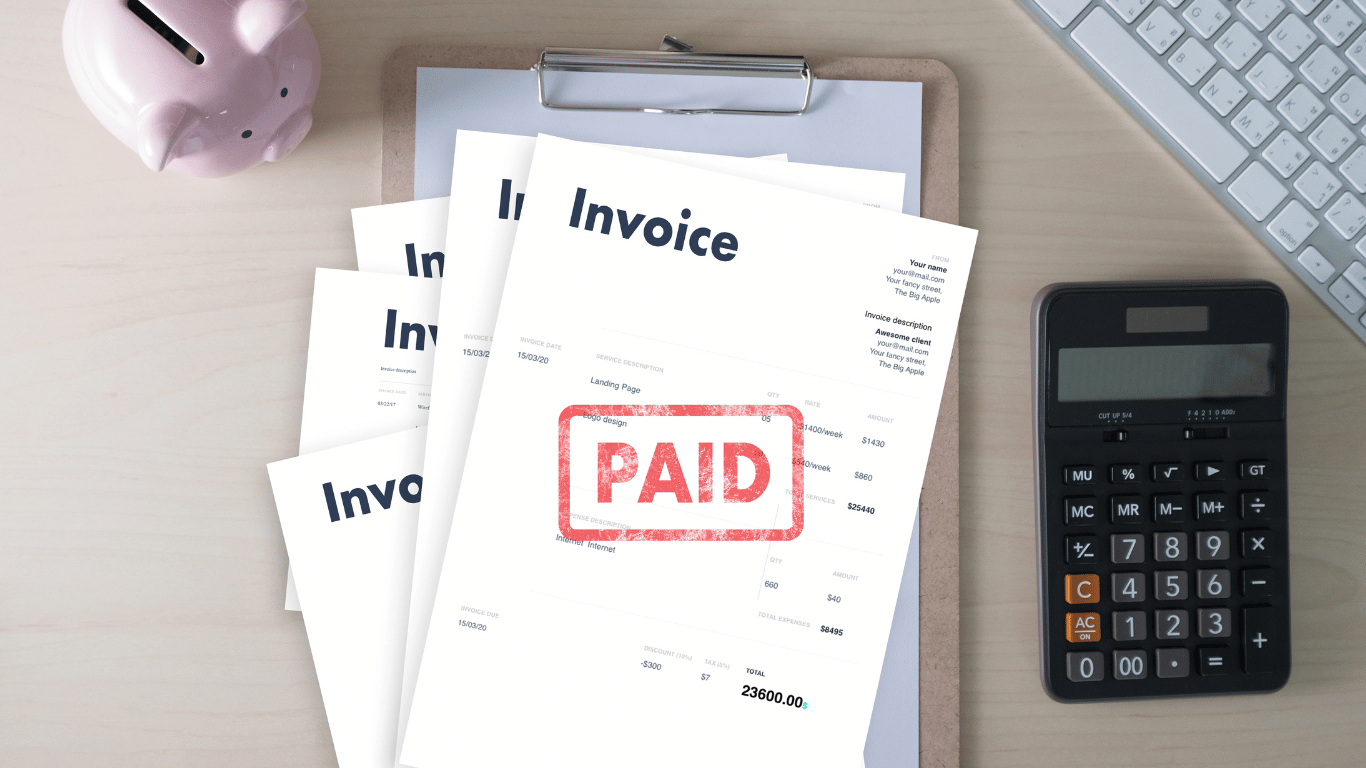
The Lifesaver for British Businesses: Invoice Factoring and the Importance of Invoice Finance
As the end of the month approaches, we often find ourselves waiting for clients to pay invoices, leading to financial strain and difficulties in meeting critical obligations such as payroll. In this article, we’ll explore the concept of invoice factoring and shed light on how it can be a lifesaver for businesses in such situations. Let’s delve into the topic and discover the benefits of this invaluable financial tool.
- Understanding Invoice Factoring:
Invoice factoring, also known as accounts receivable financing, is a financial service that allows businesses to sell their unpaid invoices to a third-party financing company, known as a factor. In return, the factor provides the business with an immediate cash advance, usually a percentage of the invoice value. Once the client pays the invoice, the factor will release the remaining amount, minus a small fee. - Overcoming Cash Flow Challenges:
One of the most significant challenges for businesses, especially small and medium-sized enterprises (SMEs), is maintaining a healthy cash flow. Late payments from clients can disrupt financial stability, making it difficult to cover operational expenses, invest in growth, or even pay employee salaries on time. Invoice factoring bridges this gap by providing immediate access to funds, enabling businesses to meet their financial obligations promptly.
For instance, imagine it’s the end of the month, and your business needs to pay salaries to your hardworking employees. Unfortunately, several clients have delayed payment, leaving you short of funds. With invoice factoring, you can swiftly convert your outstanding invoices into cash, ensuring your employees receive their deserved wages on time.
- Improving Business Growth and Stability:
Invoice factoring not only solves immediate financial challenges but also supports long-term business growth. With consistent and predictable cash flow, businesses can take advantage of new opportunities, invest in marketing campaigns, expand their product lines, or hire additional staff to meet growing demands. Invoice finance provides the financial stability necessary to navigate the ups and downs of running a business effectively.
Consider a scenario where you have an exciting opportunity to fulfil a large order for a major client, but you lack the necessary funds to purchase raw materials or scale up production. By utilising invoice factoring, you can access the cash you need without waiting for your clients to pay, seizing growth opportunities and strengthening your market position.
- Avoiding Bad Debts and Reducing Credit Risk:
In addition to financial stability, invoice factoring can help mitigate the risks associated with bad debts and credit default. When you factor your invoices, the financing company assumes the responsibility for collections and credit management. This relieves you from the burden of chasing late-paying clients or dealing with non-payment issues, allowing you to focus on core business activities.
Furthermore, some invoice factoring providers offer credit protection services, where they assume the risk of non-payment by your clients. This safeguard provides peace of mind, protecting your business from potential losses due to client insolvency or bankruptcy.
Conclusion:
Invoice factoring plays a vital role in maintaining the financial health of British businesses, particularly during challenging times when clients delay payments. By utilising invoice finance, businesses can ensure a consistent cash flow, meet crucial financial obligations like payroll, seize growth opportunities, and mitigate the risks associated with bad debts. It empowers businesses to focus on their core competencies and achieve long-term success.
Remember, in the dynamic world of business, having a reliable and flexible financial solution like invoice factoring can be a game-changer, offering stability, growth potential, and peace of mind.
